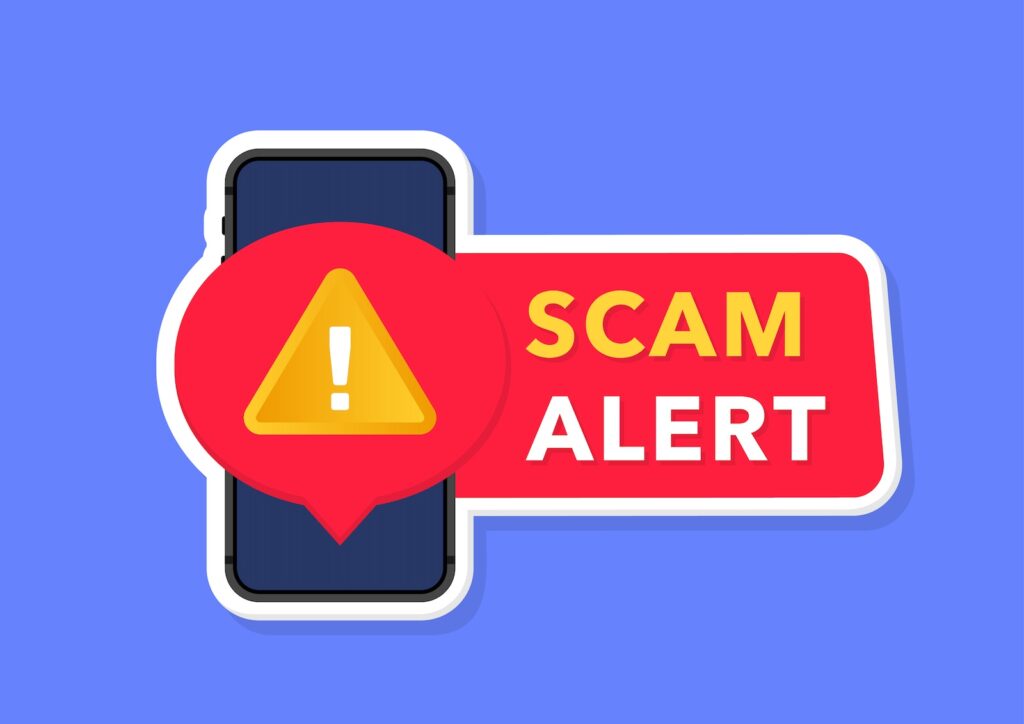**Alert: Increase in Fake Invoices from Scammers Impersonating Legitimate Businesses**
In a recent warning to consumers and businesses alike, an alarming trend has emerged where scammers are increasingly masquerading as legitimate businesses to send out fake invoices. The sophistication level of these scams has heightened, with the scammers employing tactics that make these fraudulent communications seem highly believable.
At the heart of this scam lies the scammers’ ability to convincingly impersonate businesses that customers already know and trust. When an invoice arrives in your email or mailbox from a company you recognize, the natural inclination is to trust its validity. However, this is precisely the trust that scammers are exploiting to execute their deceitful acts. The invoices, while appearing legitimate at a glance, contain bank account details that do not belong to the real business but rather to the scammers. Unsuspecting customers, believing they are settling a genuine invoice, instead send their money directly into the pockets of these fraudsters.
The sophistication of these scams lies not just in the authentic appearance of the invoices but in the timing and selection of their targets. The scammers operate on a model of detailed research, choosing their moments and targets with precision. This means that an invoice from a scammer might arrive at a time when a customer is actually expecting a bill from that very company, thus lowering their guard even further.
Awareness and vigilance are critical in combatting this rising threat. Consumers and businesses are urged to scrutinize invoices thoroughly before making payments. This includes verifying bank account details with the company directly using contact information obtained from a trusted source, not the invoice in question. It’s also advised to be cautious of any changes to payment details that haven’t been directly communicated by a known representative of the company.
Moreover, fostering a culture of skepticism towards unsolicited or unexpected requests for payment can serve as a robust defence against these types of scams. Always take the time to verify the authenticity of invoices, especially when they direct payment to new or altered account details.
The increase in these invoice scams is a stark reminder of the evolving tactics of scammers and the ongoing need for individuals and businesses to remain cautious. By staying informed and adopting a questioning attitude towards unexpected or unsolicited financial requests, consumers can safeguard themselves against the financial and emotional toll of falling victim to these deceitful schemes.

